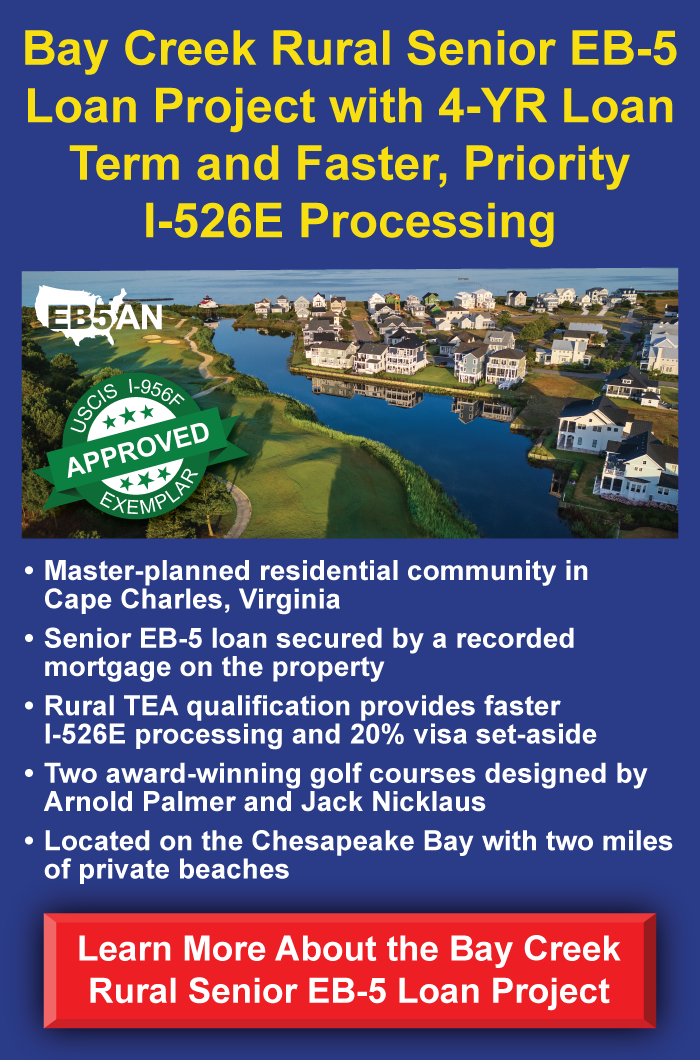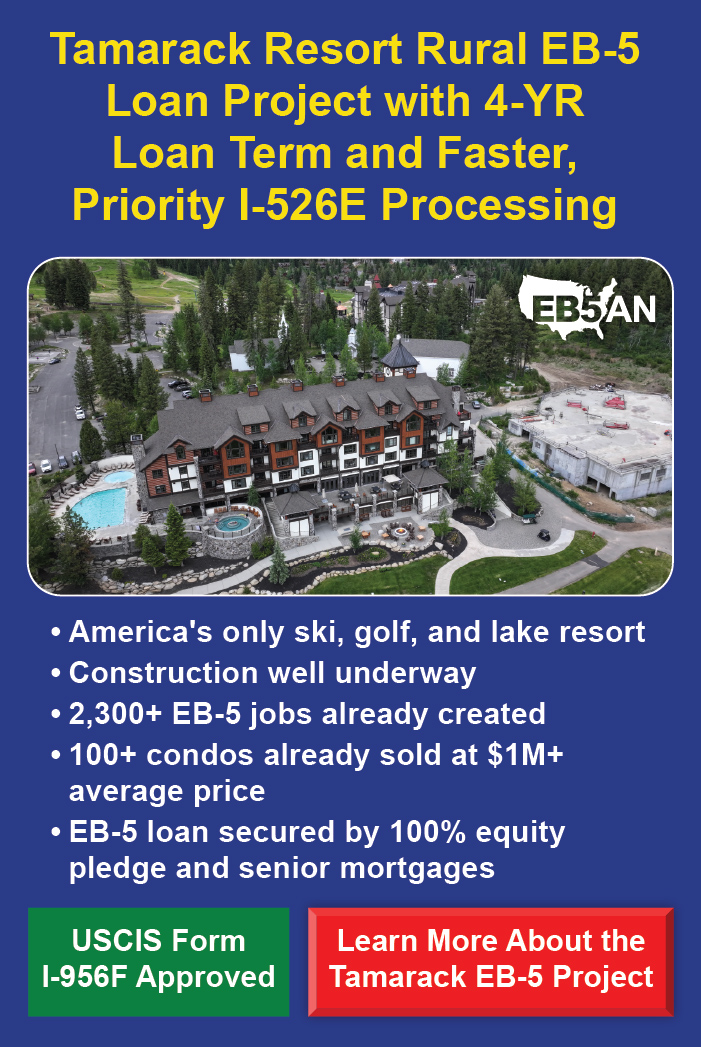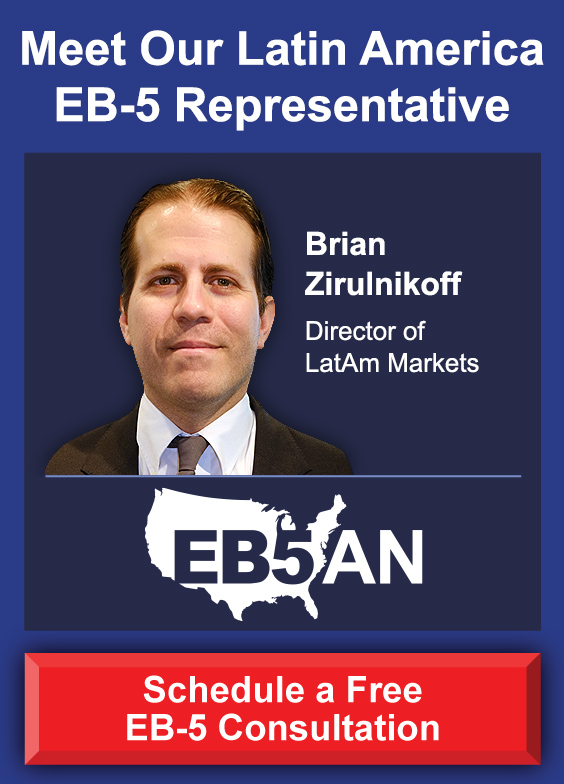Although the United States surpassed Saudi Arabia and Russia in 2018 to become the world’s largest producer of crude oil, Saudi Arabia has amassed great wealth over the last half century with its own plentiful oil reserves. This has enabled it to maintain a large presence on the world stage, and it is home to an abundance of moneyed residents. Nonetheless, the recent crackdowns by the Saudi government against dissenters and perceived corruption have led to increased interest in Saudi EB-5 investing.
Wealth and Economy
As a result of its large oil reserves, Saudi Arabia is known for containing some of the world’s richest people, especially among the royal family and its associates. It currently is home to more millionaires than any other Middle Eastern country, totaling 176,000 in 2017. Saudi Crown Prince Mohammed bin Salman (MBS) has also launched an ambitious plan called Vision 2030 to diversify the Saudi economy, reduce its dependence on oil, and expand public service sectors throughout the country.
Political Landscape
MBS has been seen by many as a reformer for the Saudi people, purging corruption within the government and royal family and ushering new changes into the kingdom. The most publicized reform has been the repeal of a long-held ban on female drivers. However, it is still common for Saudi activists to be detained and tortured for expressing dissent, and the Crown Prince has been heavily criticized for his country’s role in the humanitarian crisis in Yemen. MBS has also been embroiled in the scandal surrounding the 2018 murder of Washington Post columnist Jamal Kashoggi in the Saudi consulate in Turkey. Political instability in Saudi Arabia has prompted many potential EB-5 investors to seek safer ground in a more liberal environment.
While Saudi Arabia welcomes expatriates into its workforce, their presence in the country must be tied to a sponsor and a specific work contract. The government offers no visas for retirees or opportunities for naturalization, making it quite difficult for non-Saudis to stay in the country after retirement5. This policy was enacted to prevent non-Saudi citizens from taking advantage of the country’s retirement and health benefits. As such, EB-5 visas might be an appealing option for wealthy non-Saudis after they retire.
Crime and Safety
Crime rates among the Saudi population are low, but this is likely due to the extreme punishments given to criminals or those who dare to speak out against the government. Penalties include lashings, torture, amputations, excessive prison sentences, and public beheadings6. Another issue of concern in Saudi Arabia is the ballistic missiles being launched across the border by Houthi rebels in Yemen since 2015. This is in response to Saudi Arabia’s continued military presence in Yemen. There is also an increased risk of terrorist attacks in the country, though the Saudi government has strengthened its security forces in response7. Still, many wealthy Saudis prefer to move their families to a more stable location.
Environmental Conditions
As the home of the largest desert on Earth8, Saudi Arabia’s frequent sandstorms compound the air pollution already emitted by factories and vehicles in its cities. The Saudi capital of Riyadh is now one of the most polluted cities in the world9, with current pollution levels shortening the average Saudi’s life by 1.5 years10. Agricultural practices and city expansion risk threatening the country’s rich biodiversity as well. Other large risks are oil spills, desertification, and shrinking underground reservoirs of water. The Saudi government is making some effort to transform the country into a more environmentally friendly economy, but sustainability is not yet a popular concept among the Saudi public8.
Educational Quality
Elementary through high school education is free for all Saudis, with a slightly lesser enrollment rate for girls than boys. Saudi Arabia is also creating more than 150 vocational training centers across the country so as to decrease its economic dependence on oil11. Thousands of Saudi students are sent to American universities as well, with the total reaching almost 60,000 in 2018. The vast majority of these students are sponsored by the Saudi government, with the intention that they will use their newfound knowledge to benefit the kingdom upon their return12.
EB-5 Project Selection Preferences
As in Vietnam, Saudi EB-5 investors prefer large, flashy projects boasting established brand names. EB5AN frequently works with Saudi project developers and sponsors to assemble the required project documentation for EB-5 Form I-526. EB5AN also provides sponsorship through its 14 USCIS-approved regional centers for projects seeking Saudi EB-5 investors.
Capital Flow and Other Challenges with the EB-5 Process
The Saudi government imposes no limits on how much money can be moved out of the country, assuming the money is earned legally. Saudi EB-5 investors and foreigners working in Saudi Arabia must ensure that the money they try to transfer matches their earnings on paper. Otherwise the government has the authority to open an investigation into the funds13.
Marketing Channels for Investors
Like in India, the Saudi EB-5 market consists of only a few experienced agents. Most Saudi EB-5 investors are sourced through small entities such as travel agencies, chartered accountants, wealth managers, and real estate brokers. In addition, regional centers and project sponsors target many Saudis directly through in-person seminars in Saudi Arabia itself. Saudis already in the U.S. on visas such as the H-1B or F-1 are also targeted.










